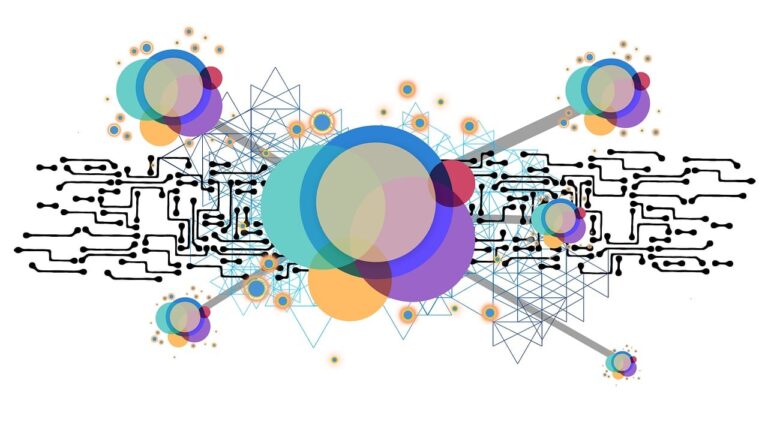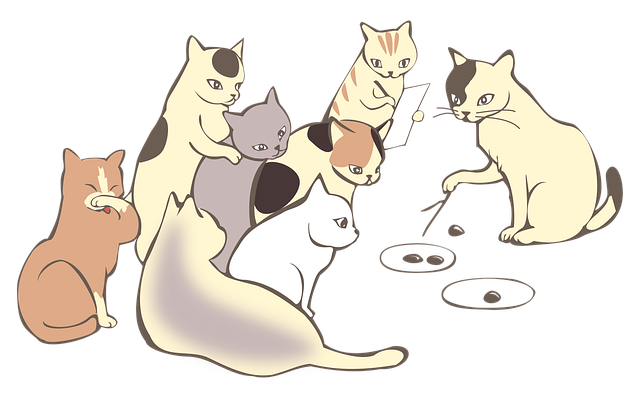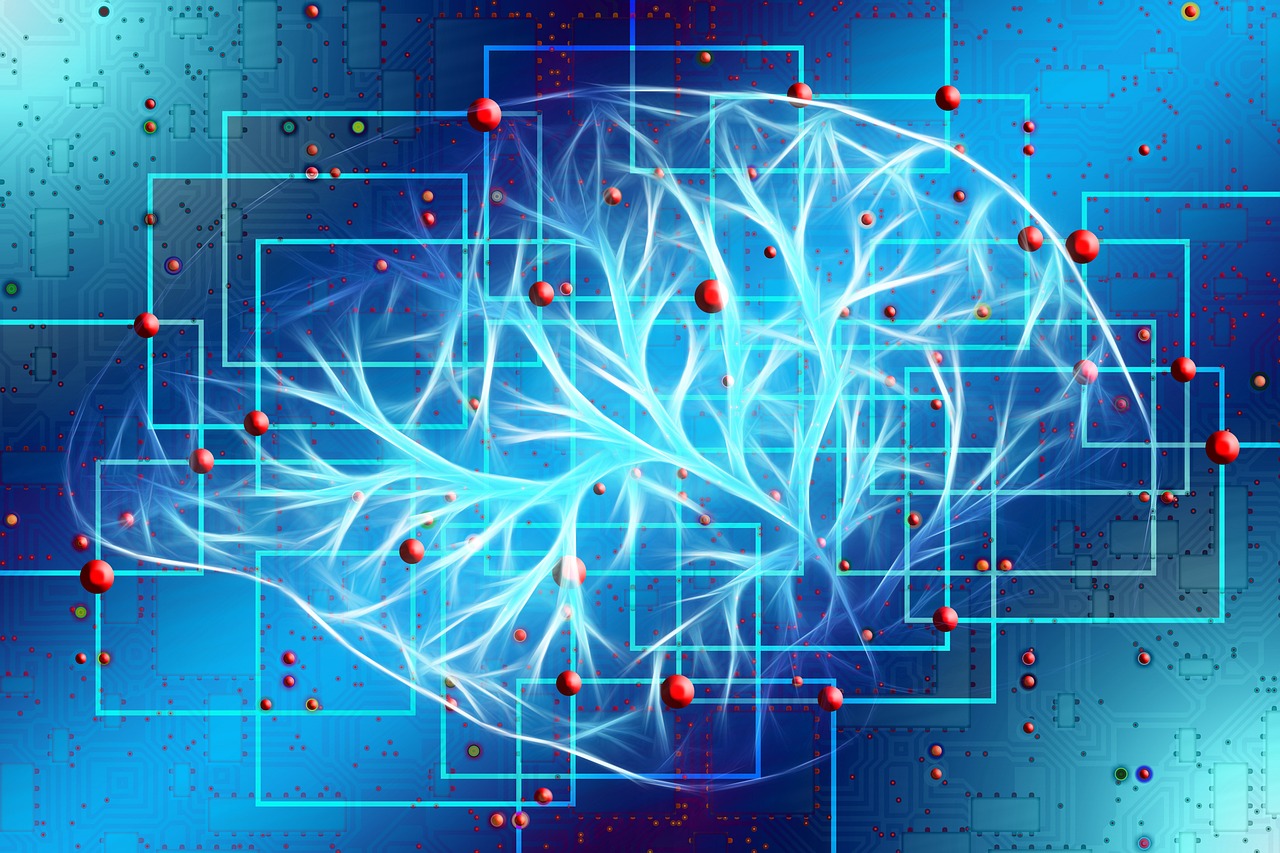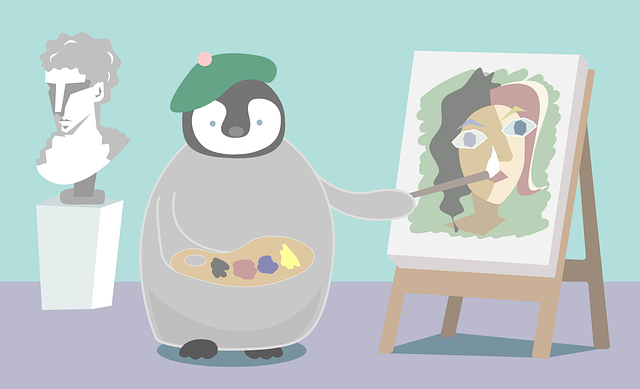Study using AI Chatbots!
MaiND Bee
Outsmart Your Mind & AI
The MaiND Bee consists of 6 topics. For each topic, study prompts are provided for AI Chatbots and links to related articles and videos. NeuroSmart Clubs provide interactive and socially engaging ways to learn and discuss concepts in a group. Actual study material will be released in 3 parts to prepare for a MaiND Bee 2025.
Study Topics

Core Brain Sciences (10%)
Fundamentals of neuroscience & psychology underlying cognitive illusions.

Sensory Illusions (10%)
Sensory information flow and heuristics behind specific illusions.

Cognitive Illusions (40%)
Heuristics / biases / fallacies such as Confirmation and its neural basis.

Impact of Illusions (10%)
Failings rooted in cognitive illusions for Individuals, groups and society.

Illusions of AI Systems (10%)
Understand how illusions (hallucinations) arise in AI systems and from its usage.

Outsmarting Skills (20%)
Tools & techniques to experience & mitigate biases in one's own brain.
Exciting ways to learn
MaiND Bee makes it fun to learn about Wonders and Illusions of Mind and AI in creative, explorative, interactive and collaborative ways.
AI Chatbots
Use AI Chatbots for explorative and interactive learning along with multimedia study material.
Group Learning
Interact with other GenZ and experts in online and in-person NeuroSmart Clubs.
Demo Lectures
Lectures on Wonders and Illusions of Mind & AI along with hands-on exhibition near you or online.
Gen AI Artwork
Create artwork using Gen AI systems to illustrate cognitive illusions and their impact on individuals and society.
Detailed Study Plan
For each of the 6 topics, a detail plan is provided along with links to illustrative study material. Actual study material will be released in 3 parts to prepare for MaiND Bee 2025.
1. Fundamentals of Brain Sciences (10%)
Fundamentals of neuroscience and psychology needed to explain sensory and cognitive illusions that include:
- Fun Neuro Facts of Teenage Brain!
- Wonders of smart cognitive strategies in the brain’s structure and function
- From cognitive strategies to cognitive illusions (common thinking errors)
- Neuroscience behind optical illusions
- Neuroscience of Cognitive Illusions (biases)
- Psychology of Cognitive Illusions (biases)
- Neuroscience Fundamentals such as vision, learning & memory
Illustrative Study Material
2. Sensory Illusions (10%)
Study 10+ specific sensory illusions and brain sciences behind them. Understand underlying heuristics and how it impact your life and society beyond optical illusions.
Illustrative Study Material
3. Cognitive Illusions (40%)
Cognitive illusions, heuristics, biases, effects and fallacies such as Availability, Confirmation, Hindsight, Anchoring, Attribution, Misinformation, Actor-Observer, False Consensus, Halo, Self-Serving, Optimism, Representativeness, Overconfidence, Loss Aversion, Sunk-Cost, Framing, Blindspot, Bandwagon, In-Group, Dunning Kruger, Ben Franklin, Survivorship, Automation, Google, Ikea and more. Study material will consist of our notes and quality articles, blogs and video from the net. Additionally, study prompts will be provided to make it an interactive, exploratory and fun learning experience. Below are references to a list of biases, types, classification, causes and definitions. Two references are given for confirmation bias – similar material is to be studies for each of the 20+ specific biases to be studied for the MaiND Bee.
Illustrative Study Material
4. Impact of Illusions (10%)
Cognitive illusions impact us at the Individual, group and societal levels. With the impending pervasiveness of AI systems in the near future, we need to be aware of hallucinations of AI systems as well as from its usage.
Illustrative Study Material
- Why AI Hallucinations Matter? UC Berkeley
- Know implications of cognitive illusions in the study material of Module 3
5. Illusions of AI Systems(10%)
AI hallucinations occur when AI tools generate incorrect information while appearing confident. These errors can vary from minor inaccuracies, such as misstating a historical date, to seriously misleading information, such as recommending outdated or harmful health remedies.
Illustrative Study Material
6. Outsmarting skills (10%)
Many mitigation and outsmarting skills are covered when studying specific cognitive illusions. It is useful to know, and more importantly experience, additional general skills to outsmart the illusions of mind such as mindfulness, breathworks, critical thinking, and decision-making frameworks. Multiple online and in-person sessions will be offered to learn and practice these techniques and tools.
Illustrative Study Material
MaiND Bee Test - Sample Questions
A few sample questions on a couple of topics to give an idea about the types of questions in MaiND Bee.
Illustrative MaiND Bee Test
ABOUT US
NeuroSmartLife.org
Our programs help you learn about how the brain and mind works based on modern sciences and age old wisdom, experience your own mind and develop mental skills to flourish in life.